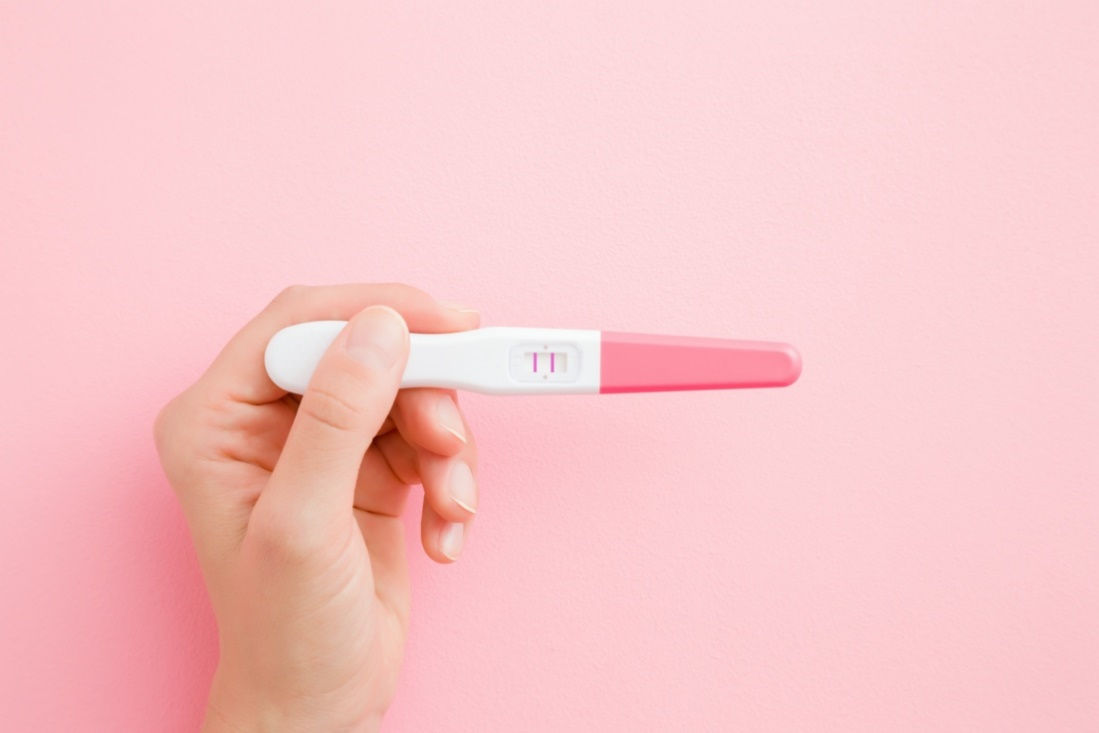Breastmilk is the best for babies. The World Health Organisation recommends exclusive breastfeeding for the first six months of life. Unnecessary introduction of bottle feeding or other food and drinks will have a negative impact on breastfeeding. After six months of age, infants should receive age-appropriate foods while breastfeeding continues for up to two years of age or beyond. Consult your doctor before deciding to use infant formula or if you have difficulty breastfeeding.
- Week 1
- Week 2
- Week 3
- Week 4
- Week 5
- Week 6
- Week 7
- Week 8
- Week 9
- Week 10
- Week 11
- Week 12
- Week 13
- Week 14
- Week 15
- Week 16
- Week 17
- Week 18
- Week 19
- Week 20
- Week 21
- Week 22
- Week 23
- Week 24
- Week 25
- Week 26
- Week 27
- Week 28
- Week 29
- Week 30
- Week 31
- Week 32
- Week 33
- Week 34
- Week 35
- Week 36
- Week 37
- Week 38
- Week 39
- Week 40
Sometimes real life isn’t like the movies, and you don’t become pregnant after “just one time”. If you’re feeling ready to have a baby, there are some steps you and your partner can take to conceive sooner. Remember though that everyone’s journey is different, and some women might find themselves on a longer path to conceive than others. If you don’t conceive after six months of trying, it might be worth speaking to your doctor to see if anything could be preventing conception.
Here’s how to boost your chances of becoming pregnant naturally:
Get a preconception check up
Talk to your gynaecologist to check if you or your partner have any underlying issues that could prevent conception. These can be addressed and treated where necessary. Your doctor can also prescribe prenatal vitamins with folic acid, which are essential for protecting against certain birth defects. All women are recommended to take a folic acid supplement when trying to become pregnant.
The father-to-be could take zinc, vitamin E and selenium for sperm production, while vitamin C can improve sperm quality.
Calculate your ovulation period
Regular sexual intercourse to get pregnant increases the chances of pregnancy, but if you know your ovulation period and have more sex during these periods, your chances of getting pregnant will be higher. Have intercourse as often as possible as you approach ovulation and each day when ovulation occurs.
The general assumption is that most women ovulate on the 10th day of their cycle, but for many women this might be sooner or later. Learn to recognise the signs of ovulation such as a change in your cervical mucus which usually become thin and slippery. Your body temperature is also slightly higher when ovulating, so you might want to track your temperature with a thermometer at the start of your cycle to see when it’s higher. An ovulation prediction kit can also be helpful in predicting the best time to try to conceive.
Stop smoking
Smoking has been linked to decreased fertility as it affects oestrogen and ovulation for women, as well as sperm quality for men.1,2
Eat healthily
Eating a balanced diet with a variety of healthy foods could help to prepare you and your partner´s body for pregnancy. Fruits and vegetables, dairy, lean protein, whole grains and good fats provide important nutrients such as calcium and iron.
Zinc (found in meat, shellfish and milk), selenium (brazil nuts, fish and meat) and vitamin C (oranges, red and green peppers and potatoes) are good for sperm production.
Try to maintain a healthy BMI (body mass index)
Being overweight and underweight (your partner too) could also reduce your chances of becoming pregnant, so it’s recommended to get as close to your recommended BMI as possible. If necessary, chat to a dietitian or healthcare practitioner who can help you reach a healthier weight.
Drink less alcohol
Excessive drinking can lower fertility in men and women, plus it can also affect sperm quality.3
Lie on your back after sex
This tip might sound like a myth, but there is some truth in it. Whatever your sexual intercourse position, lie on your back for a while after intercourse. When you stand up immediately after intercourse, it becomes difficult for sperm to pass through the opening in the cervix, which reduces your chances of getting pregnant.
Try to stress less
It’s tough not to be stressed these days, but a link has been found between high stress and lowered levels of pregnancy. When you’re stressed, you might also eat less healthily, and drink more coffee and alcohol, which in turn affect fertility too.
Things like moderate exercise, meditation and doing things you love, such as baking, reading or watching television series can help you lower your stress. If you’re struggling, reach out to a healthcare practitioner or support network who can help you manage your stress levels.

References:
1 .Augood, Cf, K. Duckitt, and A. A. Templeton. "Smoking and female infertility: a systematic review and meta-analysis." Human reproduction (Oxford, England) 13.6 (1998): 1532-1539.
2. Asare-Anane, H., et al. "Tobacco smoking is associated with decreased semen quality." Reproductive health 13.1 (2016): 1-6.
3. Li, Ying, et al. "Association between socio-psycho-behavioral factors and male semen quality: systematic review and meta-analyses." Fertility and sterility 95.1 (2011): 116-123.

Connect with our team of experts
We provide advice and support for you on your parenthood journey



